Artistic pain can come in various ways.
It could manifest itself in ways that couldn’t be known.
If unforeseen, it could lay waste to one’s artistic work, for being prey to what’s unknown.
Insidiously lies the mind of the unknown, on those elements that are known.
Minds are awake when things are known, thus not much to be unknown.
Awake one rises, asleep one falls. The unknown never knows.
The unknown whispers, but away it blows, when the known makes it known.
In triumph the known reigns when much is known.
Little is bequeathed from such unknowns, thus failure has become widely known.
Strive to create through the unknown, so many creations will eventually be known.
Conscious minds are always where it needs to be known.
Creation is all that needs to be known.
The above poem is for what's to be known for any artist to come, so he is not rendered with lingering thoughts of the unknown and keep him or her at bay from admonishing unknowns.
There’s no worse judge than the critical unknown, so let it be known.
Self-Criticism
The harshest criticism an artist might face is self-criticism.
If you look at it, the closest thing to you, physically or mentally, is you.
There are times when an artist has had bad and unpleasant experiences in life. These kinds of experiences usually end up waking one’s awareness in an attempt to evaluate a situation to see how one is right or wrong in it.
Judgment of self is powerful.
As a person goes through an internal evaluation of self for a rational answer, much could occur intellectually. It could be an instant response, or it could be endless hours of thinking with no fruitful results.
There is a chance that one could get lost in contemplation in trying to figure out how one is going to address oneself with regard to uncertainties, uncomfortable ideas or thoughts that one has on any matter.
No matter what your final judgment is as an artist, after a close and personal evaluation of yourself in any given situation, always try to end it in a positive note.
That final decision, based on what you decide to be true, it has the potential power to plunge an individual deeply into unwanted thoughts of unconsciousness in one hand. On the other hand, it can elevate you towards new heights of consciousness as a result. It might affect one's overall attitude and behavior towards life in a detrimental or constructive manner from there on based on that.
A person's inner thoughts can work against one or work with them, depending on the level of power one has over oneself. If not, one should seek assistance to regain such power back under one's control.
Whether the artist is in good spirits or not, he or she has to deal with themselves each day throughout the day until the end of the night, where one has to face their own consciousness anywhere one goes.
So, try to keep it easy and positive on yourself as good as you can if times are stressful.
As an artist, you should keep a lookout for that little monster known as self-belittlement, which is a minor way of minimizing your artistic essence. It could start out as a very simple negative thought, but then it could develop into a harsh criticism on oneself. If it carries out for too long, it could have an adverse effect on you as an artist and all your conceivable future artistic ideas and creations.
Whether one is facing self belittlement or criticism, try to keep it as light as possible on yourself to avoid reducing your artistic power arising from your inspirations and imagination.
When an individual uses self-criticism to constructively correct himself or herself is one thing, but to put oneself down as an artist in any way, you don't deserve it all.
Always strive to improve yourself instead each day and learn from your own experiences.
As long as one learns from such experiences, good or bad, and uses them towards evaluating any possible future situations, one could be better off down the road.
So as an artist, try to take it easy on yourself. Your self-judgment is powerful.
Use it to inspire and uplift yourself.
Social Criticism
The artistic blisters of social criticism can be quite painful.
Good intentions from other people towards you, whether you know them or not, could unfortunately lead to painful occasions at times.
Artists could lose their joy by giving it to others outside his control.
The social criticism always requires your power of agreement first before it can have any effect and power over you.
Sometimes certain criticism can be unfair and ruthlessly mindless, so be strong.
You have an artistic key, which has access to all your ideas, thoughts, and inspirations that resides in you. This place is your innermost temple of creation that allows you to create with total freewill. It needs to be safeguarded against any negative influence that might come at times through close examination of what comes and goes.
If one decides to agree to any external criticism after much thought, you have to that extent given permission to enter your artistic inner world. Thus, it could be beneficial or detrimental to you based on what you’re agreeing to and accepting from such criticism.
Some criticism is going to be constructive.
In some occasions, based on certain types of personalities that you might be facing, their criticism might come across as heartless without any good intention for you to get better.
It's advised usually not to take it personally for such uncaring criticisms because it might have nothing to do with you in the first place. There is a chance that you might remind them of someone else that they know who they don't get along with.
Sometimes a person could have so much stress, acutely or chronically, themselves from their daily problems or unfortunate experiences that they could wrongly take it out on you, consciously or unconsciously.
Typically, it's easier for someone to experience such unpalatable communications, if the criticism expresses the good intention of helping that person by pointing out those things that they feel should be fixed.
Then, the person receiving such a criticism can freely evaluate for themselves if that statement is true and decide whether to keep it or not in their mind.
It's beneficial for any artist to embrace other people’s views, whether they might seem good or bad, to enrich your own understanding of life. One could then use such views to create more artistic creations gained by your interaction with other people.
As a person, you have the power to receive and experience any kind of criticism, but the most important part is what do you do with such a communication afterwards. It can be allowed to bring you down or build you up.
If one closely evaluates and determines for oneself, if the criticism should have any kind of influence over you and your artistic work, then you're free to go with any concern because at least you consciously looked at it.
Accepting any criticism without any evaluation from your part could be detrimental.
Direct and Indirect Criticism
An artist, whether in visual or performing arts, he or she already has so much natural attention in creating or performing their artistic work that it's fruitless for allowing any form of stress to enter their inner thoughts. You don't need any mental distractions from your creativity when you're at play.
There are two factors that an artist should know as well about criticism:
1. Direct Criticism – It’s obvious in your face criticism.
2. Indirect Criticism – It’s insidiously implied criticism.
Direct criticism is always welcome by most artist because one knows what's coming and what to expect from it. That person is sharing his or her thoughts with you about whatever they might feel or think is wrong from their perspective about your work or you.
Indirect criticism in the other hand could be quite dreadful at times for some people. You could call it, if you want, sneaky criticism, but it’s not always bad.
Some people have thoughts that they might want to share with you in earnest regarding your artistic work, but they might feel uncomfortable saying it directly to you.
These are two usual reasons why someone might be indirect about their thoughts:
1. They might not want to tell you directly because they don’t want to hurt your feels about your artistic work. In fear that their communication might come across the wrong way. Just be the bigger person and try to encourage them to open up, so they can share their full thoughts about it. At least, you'll know, even though their thoughts might or might not be different from yours.
2. The other reason is to some degree an attempt to minimize your artistic ideas, inspirations and intellectualism, which happens sometimes. They don't want to be direct about it in fear of what might happen if you end up finding out their true intentions towards you.
It’s unfortunate on this latter point, but an artist or any other person has to accept that one is living on earth and such behavior is to be expected to occur sometimes when one is dealing with other people. Of the number of people who might feel that way, it's usually a small percentage.
If it does happen, it’s only certain people. They are probably passing on their own personal stress, anxieties, and negative thoughts from their life experiences to you. It might not have anything to do with you deep down, but just an unconscious reaction from their part to the situation or you.
As a habit, try to keep an eye out for any snide comments. Whether intentional or not, because if mentally accepted, it could eventually be detrimental to your artistic work or performance by reducing or possibly loosing your concentration and motivation on the subject.
If you've ever experienced the feeling after talking to someone, where they implied some sort of comment to you or your creative work without saying what they really meant to say. Then, you realized afterwards that it left you with an odd lingering thought of unknown. Where you find yourself thinking and thinking to the point of dismay, which makes you feel down for no reason. Well, you probably experienced at that moment an indirect criticism.
Sometimes, implied comments are not indirect criticisms, but a misunderstanding from one's part by failing to clarify the conversation with this other person in the first place.
It’s always good to clean out the conversation with that other person by clarifying your uncertainties based on what they said to find out if you misunderstood anything that he or she told you.
As an artist, you could be dealing with stress sometimes and react to a normal comment, when there might not be any criticism in the conversation at all.
In this world, if one looks around, no one is perfect, but we learn from our experiences and imperfections to become much better in life as each day progresses.
Social criticism is only as good as you give it power to influence you.
Ways to Avoid Artistic Depression
The journey is not always easy, but blissful once there.
In the arts, the artist has to keep nurturing his inspiration towards his ideas, emotions, and thoughts in order to bring about his or her artistic work or performance alive.
Thus, an artist wants to avoid, if possible, the seeds of criticism from entering and compounding upon his or her artistic mind, so it doesn’t develop and transform into depression.
These are 3 ways to avoid artistic depression:
1. Read self-help books. The power is always in you, but using self-help books can always reinforce it. Using them could go a long way in helping yourself in staying positive and allowing your creativity to continue with greater ease.
2. Seek professional assistance for stress. There are times, based on how serious a situation is for an artist, where you don't feel much control over yourself and life. At this point, it could be of great assistance for you to find a professional practitioner who can help you get through that specific situation that you might be experiencing, so you can get back to your creativity.
3. The heck with any criticism. Keep creating and performing your art.
As an artist, you want to make sure that your creations are king, not depression.
You are the king or queen of your own artistic creations that exist in you. Embrace your ideas, emotions, and thoughts to create new realities in this world.
The world needs your creativity to help it grow and evolve.
This creativity will help lay the base for greater beginnings and brighter futures for mankind.
Thus, the arts are the new beginnings and futures of mankind.
Nathaniel Bernard—Art Blogger


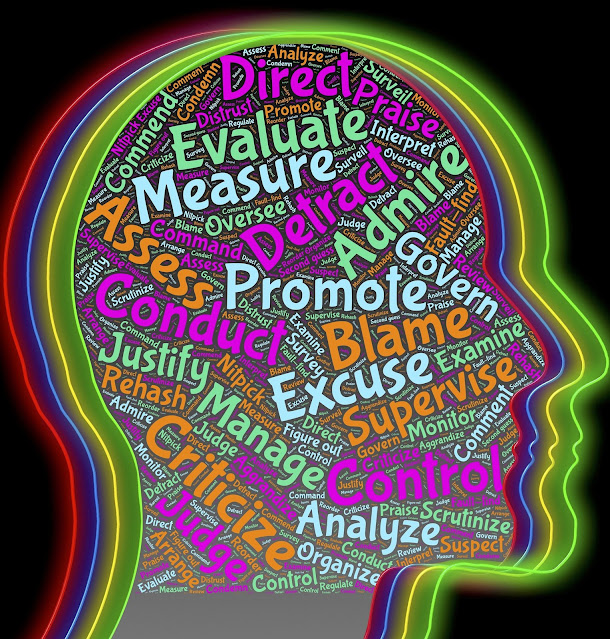
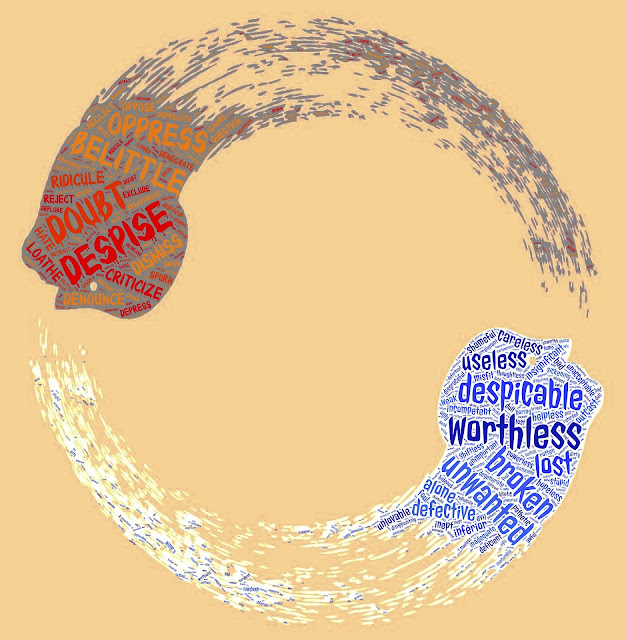
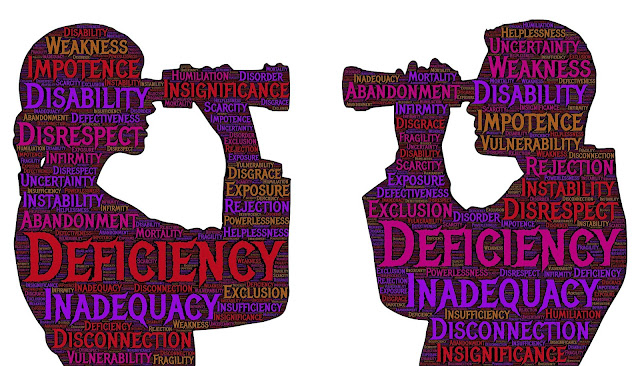
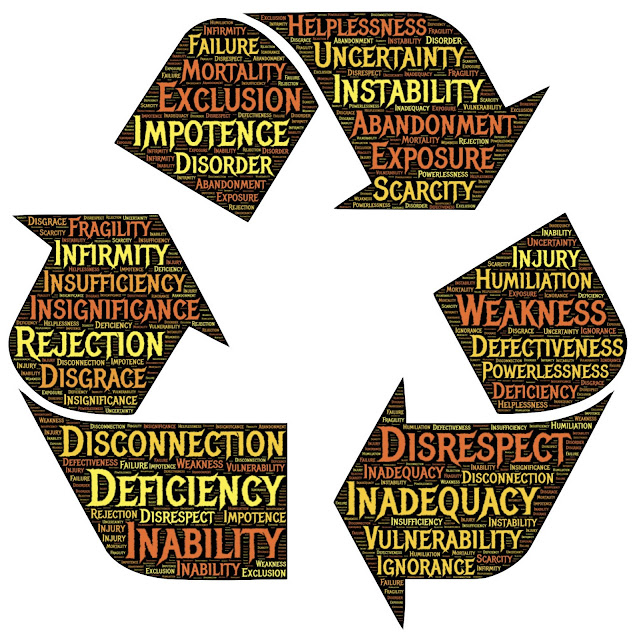
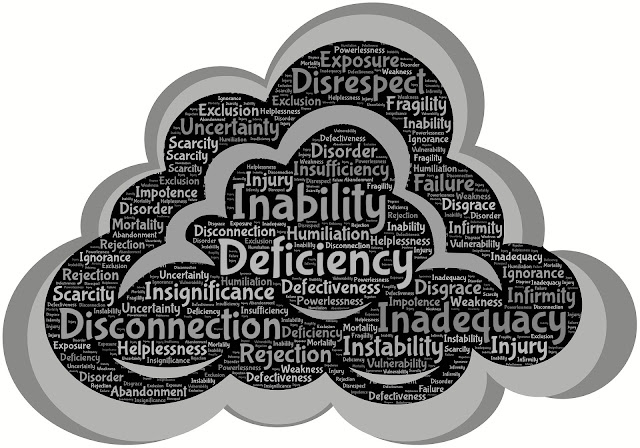
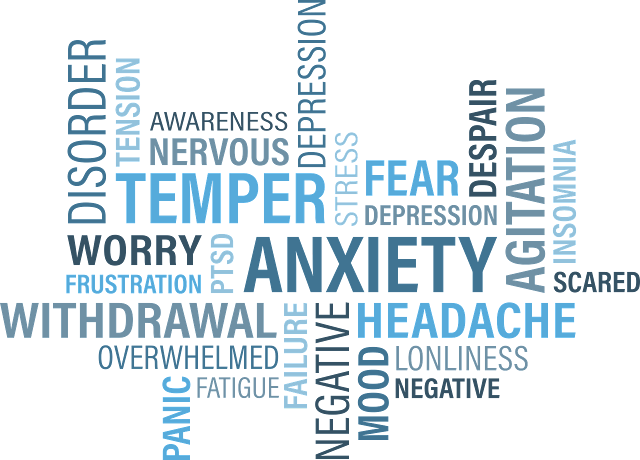


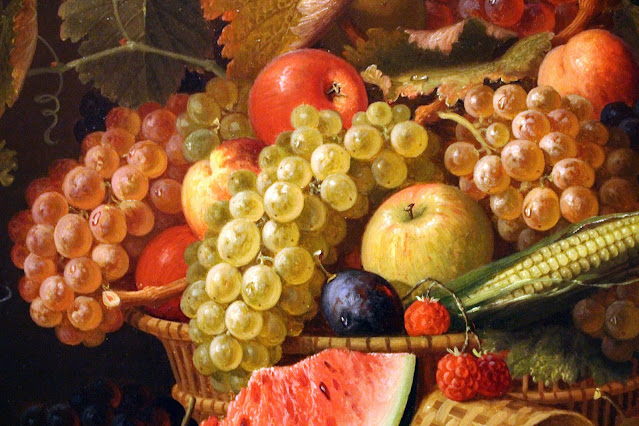
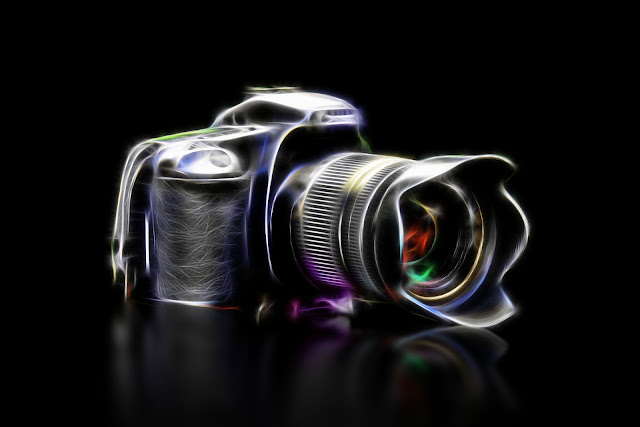
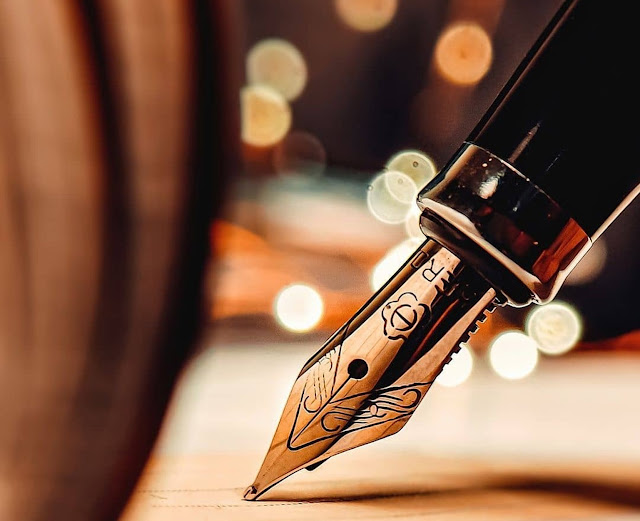
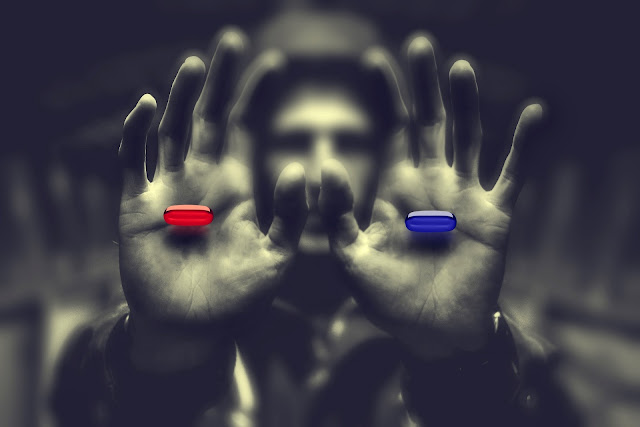

Excellent post. I really enjoy reading and also appreciate your work.psychotherapy for depression in adults in Queens County This concept is a good way to enhance knowledge. Keep sharing this kind of articles, Thank you.
ReplyDeleteYou've provided quite good information here. This is fantastic since it expands our knowledge and is also beneficial to us. Thank you for sharing this piece of writing. psychiatrist in san antonio
ReplyDeleteGo easy on yourself
ReplyDeleteOne of the numerous causes of depression, according to some research, may be that sufferers have insufficient levels of the brain neurotransmitter dopamine. Dopamine, which is associated with emotions of pleasure, might offer the inspiration required to begin and/or continue an activity. Dopamine levels have been shown to rise throughout the creative process, which may lead to happier emotions.
ReplyDeletetherapist near me